Description
“Private International Law: Indian and English” is a comprehensive and authoritative legal textbook written by Paras Diwan and Peeyushi Diwan. The book provides an in-depth analysis of the principles and practices of private international law in both Indian and English jurisdictions. Private international law, also known as conflict of laws, deals with the resolution of legal disputes that involve foreign elements, such as international transactions, cross-border contracts, and jurisdictional issues.
In this book, the authors aim to bridge the gap between the legal systems of India and England, which are frequently encountered in international transactions and legal disputes. The book is divided into well-structured chapters that cover various aspects of private international law, including jurisdiction, choice of law, recognition and enforcement of foreign judgments, and international arbitration.
The authors, Paras Diwan and Peeyushi Diwan, are highly respected legal scholars and practitioners with extensive experience in the field of private international law. Their expertise and in-depth knowledge shine through the pages of this book, making it an invaluable resource for students, practitioners, and researchers seeking a comprehensive understanding of private international law in the Indian and English contexts.
The book starts with an introduction to the fundamental concepts and principles of private international law. It provides a historical background and traces the evolution of private international law in both India and England. The authors skillfully elucidate the theoretical foundations and key doctrines that underpin private international law, offering readers a solid foundation for further exploration.
Subsequent chapters delve into specific topics, such as jurisdiction, choice of law, and recognition and enforcement of foreign judgments. Each chapter provides a detailed analysis of the relevant legal principles and case law, with references to relevant statutes and international conventions. The authors adopt a comparative approach, highlighting the similarities and differences between the Indian and English legal systems, which adds depth and richness to the discussions.
One notable aspect of the book is its emphasis on practical application. The authors not only analyze legal concepts but also provide practical guidance on how to navigate complex private international law issues. They offer insightful explanations of procedural matters, discuss relevant case studies, and provide practical tips for resolving conflicts of laws in practice. This pragmatic approach makes the book particularly valuable for legal practitioners and professionals engaged in cross-border transactions.
“Private International Law: Indian and English” stands out as a remarkable achievement in the field of private international law. The authors’ meticulous research and expertise shine through in every chapter, making the book a reliable and authoritative source of information. The book’s organization and structure are commendable, enabling readers to navigate the complex subject matter with ease.
One of the strengths of the book lies in its comparative analysis of the Indian and English legal systems. By highlighting the similarities and differences between the two jurisdictions, the authors provide readers with a nuanced understanding of the underlying principles and approaches. This comparative perspective is particularly valuable in an era of globalization, where cross-border transactions and disputes have become increasingly common.
The authors’ practical approach to private international law is another commendable aspect of the book. Rather than focusing solely on theoretical concepts, the authors go the extra mile to offer practical guidance and solutions. This inclusion of real-life scenarios and practical tips enhances the book’s usefulness and relevance to legal practitioners, who often grapple with the complexities of private international law in their daily work.
Furthermore, the book’s thorough coverage of the topics ensures that no significant aspect of private international law is left unexplored. The authors delve into complex issues such as forum shopping, choice of law in contractual disputes, and the recognition and enforcement of foreign judgments. They provide clear explanations, supported by relevant case law, thereby enhancing readers’ understanding of these intricate legal concepts.
“Private International Law: Indian and English” is a unique and valuable resource due to its comparative analysis of the Indian and English legal systems. The book highlights the similarities and differences between these two jurisdictions, enabling readers to grasp the nuances and subtleties of private international law in both contexts.
In terms of jurisdiction, the authors discuss the principles governing the exercise of judicial authority in India and England. They analyze the various grounds of jurisdiction, such as territorial jurisdiction, jurisdiction based on consent, and jurisdiction based on the presence of assets. By comparing the approaches of the Indian and English courts, the authors provide readers with a comprehensive understanding of the principles that govern the assertion of jurisdiction in cross-border disputes.
Regarding the choice of law, the authors examine the methods employed by Indian and English courts to determine the applicable law in international cases. They explore the concepts of lex loci contractus, lex fori, and the doctrine of renvoi, shedding light on the complexities involved in choice of law analysis. The comparative approach is particularly helpful in this area, as it exposes readers to the different approaches taken by Indian and English courts when faced with conflicts of laws.
“Private International Law: Indian and English” explores several overarching themes that shape the field of private international law. One prevalent theme is the tension between legal certainty and flexibility. Private international law strives to strike a balance between providing predictable outcomes and adapting to the changing realities of an interconnected world. The authors delve into this tension, discussing the challenges faced by courts when applying choice of law rules and recognizing foreign judgments.
Another prominent theme is the increasing harmonization of private international law. As the book illustrates, both India and England have adopted international conventions and model laws to streamline their private international law frameworks. The authors examine the impact of these international instruments on the respective legal systems and evaluate their effectiveness in facilitating cross-border transactions and resolving disputes.
The book also explores the relationship between private international law and fundamental rights. The authors highlight the significance of human rights considerations in private international law, particularly in cases involving child custody disputes, marriage recognition, and the enforcement of foreign judgments. By analyzing relevant case law and international instruments, the authors shed light on the delicate balance between respecting sovereignty and protecting individual rights.
While “Private International Law: Indian and English” is a legal textbook, it does not feature traditional characters or character development. However, the authors themselves can be seen as the driving force behind the book. Paras Diwan and Peeyushi Diwan are highly respected legal scholars and practitioners who bring their wealth of knowledge and experience to the pages of this book. Their expertise and authoritative voice lend credibility to the discussions and make the book an invaluable resource in the field of private international law.
About the Author:
Paras Diwan is a renowned legal scholar and jurist, with extensive experience in the field of private international law. He has authored numerous books and articles on various aspects of law, including contract law, constitutional law, and private international law. Diwan’s contributions to legal scholarship have earned him accolades and recognition both in India and internationally. His expertise and authoritative voice make him a trusted authority in the field of private international law.
Peeyushi Diwan, a co-author of the book, is also a distinguished legal professional specializing in private international law. With her strong academic background and practical experience, she brings a unique perspective to the subject matter. Peeyushi Diwan’s contributions to the book enhance its comprehensiveness and provide readers with additional insights into the intricacies of private international law.
The writing style of “Private International Law: Indian and English” is scholarly and precise, befitting a legal textbook. The authors employ clear and concise language, making complex legal concepts accessible to readers from various backgrounds. They strike a balance between theoretical analysis and practical application, ensuring that the content remains relevant and engaging.
The book is well-structured, with each chapter building upon the previous one to provide a comprehensive understanding of private international law. The authors employ a logical progression of ideas, supported by relevant case law, statutory references, and international conventions. This approach enables readers to follow the arguments seamlessly and enhances their comprehension of the subject matter.
The authors’ writing style is characterized by its clarity and attention to detail. They explain legal principles and concepts with precision, leaving no room for ambiguity. The inclusion of case studies, practical tips, and procedural guidance further enhances the book’s practicality and usefulness to readers.
What People Say About This Book:
“Private International Law: Indian and English” has received high praise from legal scholars, practitioners, and students alike. Legal professionals appreciate the book’s comprehensive coverage, practical approach, and comparative analysis. It has been hailed as a go-to resource for anyone seeking a deeper understanding of private international law in the Indian and English contexts.
Students and researchers value the book’s clarity and structure, which facilitate learning and further exploration of the subject matter. The authors’ expertise and authoritative voice have earned the book a reputation for accuracy and reliability, making it a trusted source of information in the field of private international law.
- Comprehensive coverage of private international law in Indian and English contexts.
- Comparative analysis that highlights similarities and differences between the two jurisdictions.
- Practical guidance and tips for navigating complex private international law issues.
- Clear and concise writing style that enhances readability.
- Inclusion of case studies, practical examples, and procedural guidance.


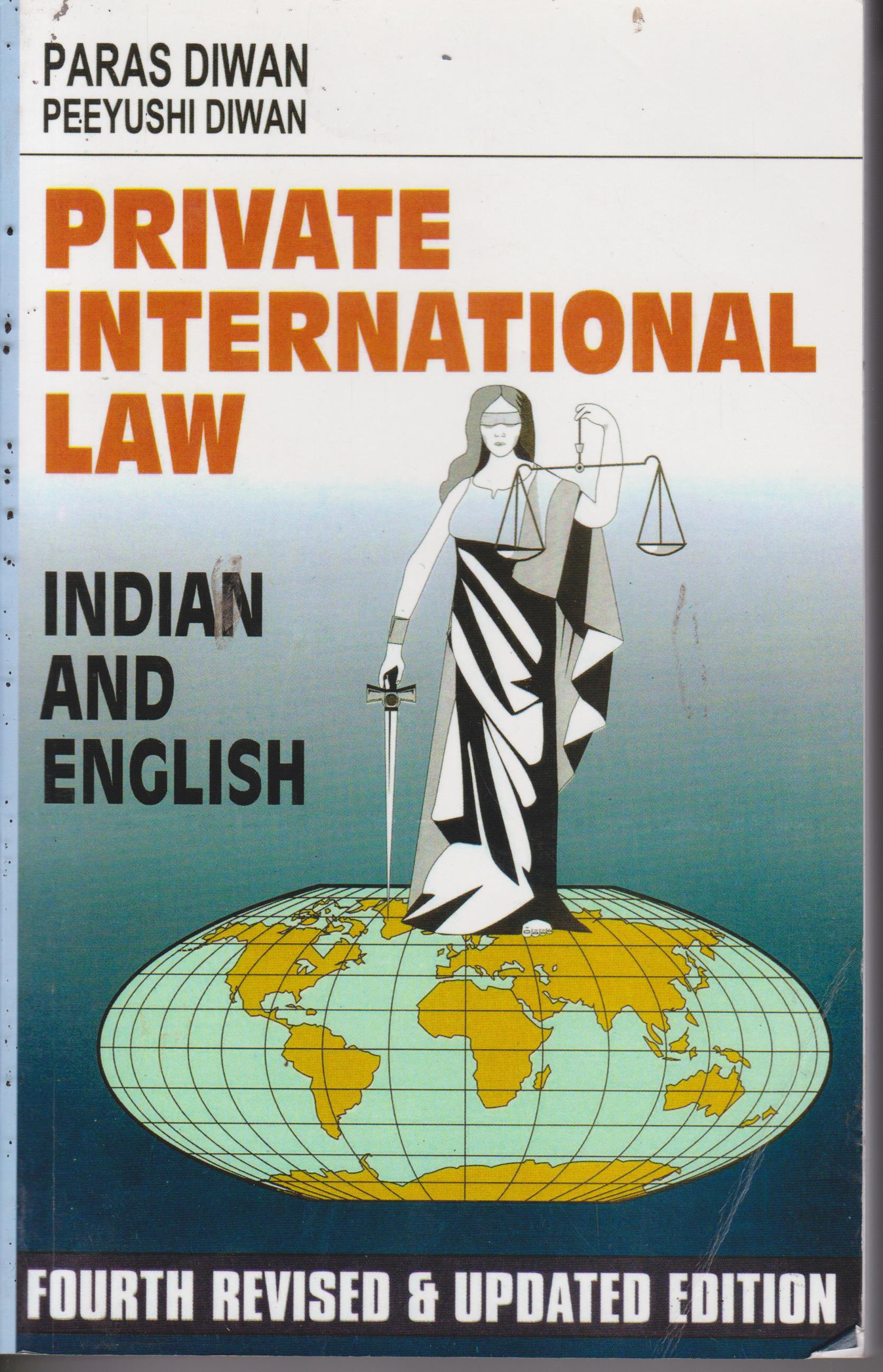
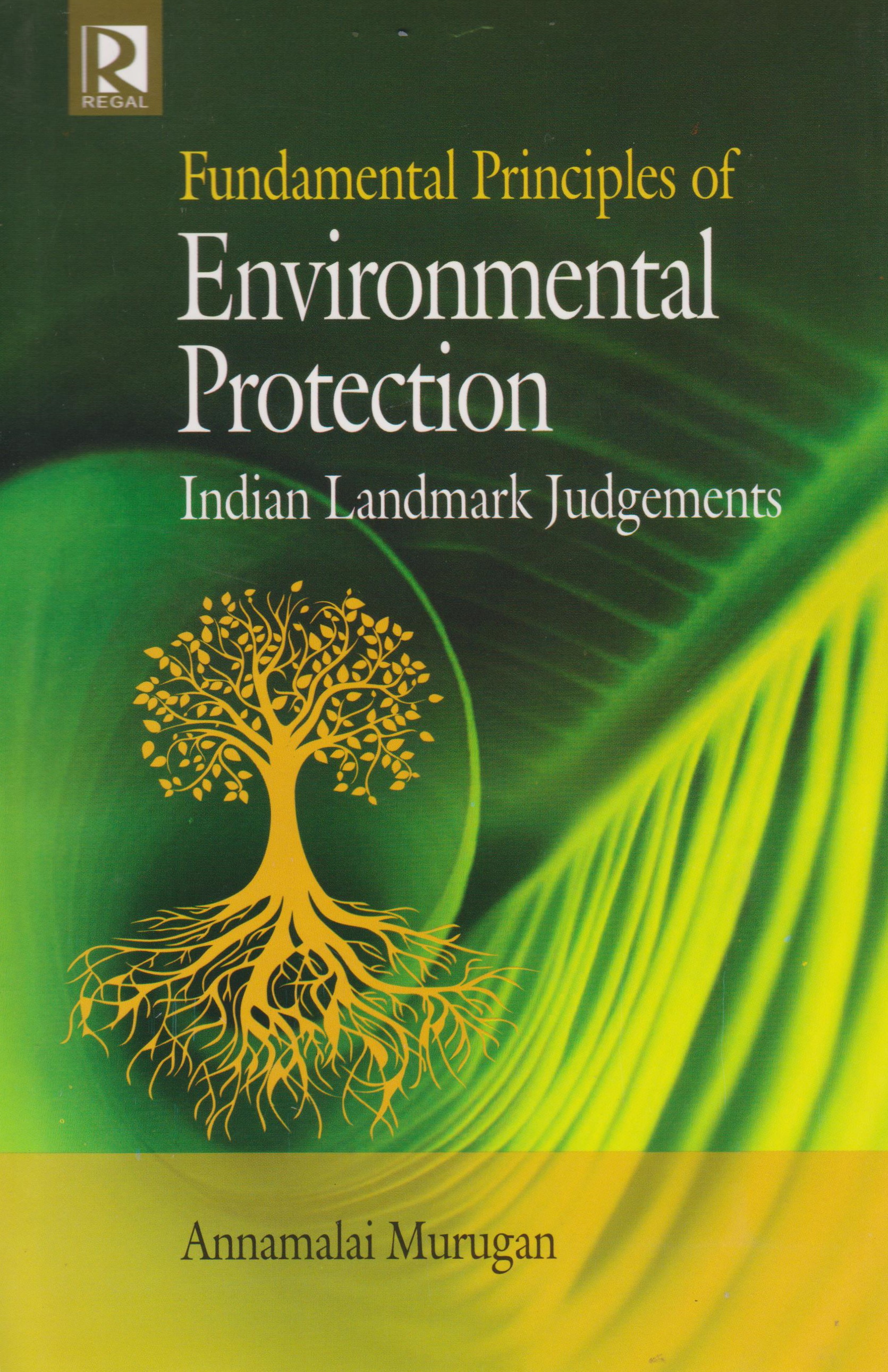
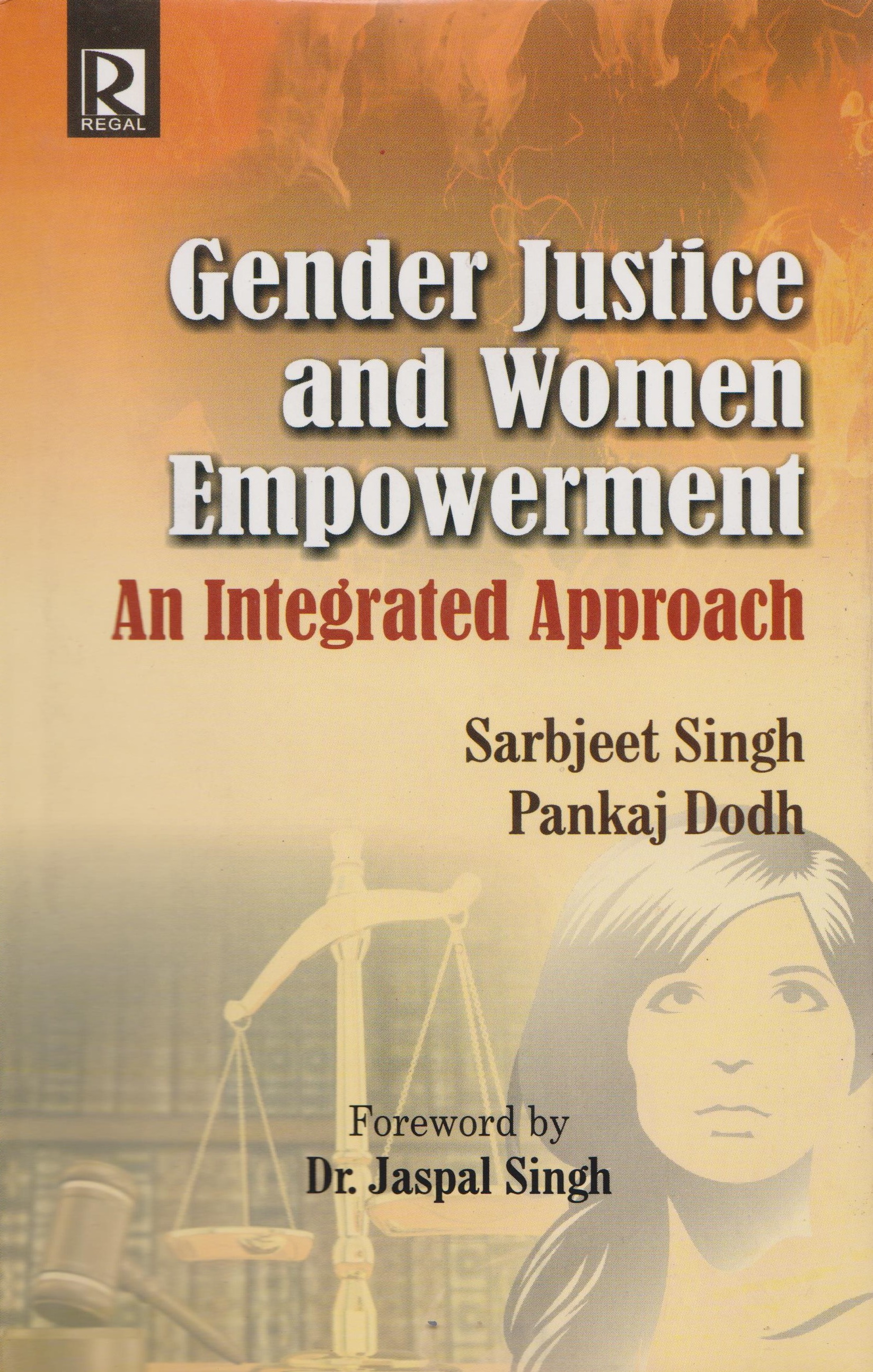
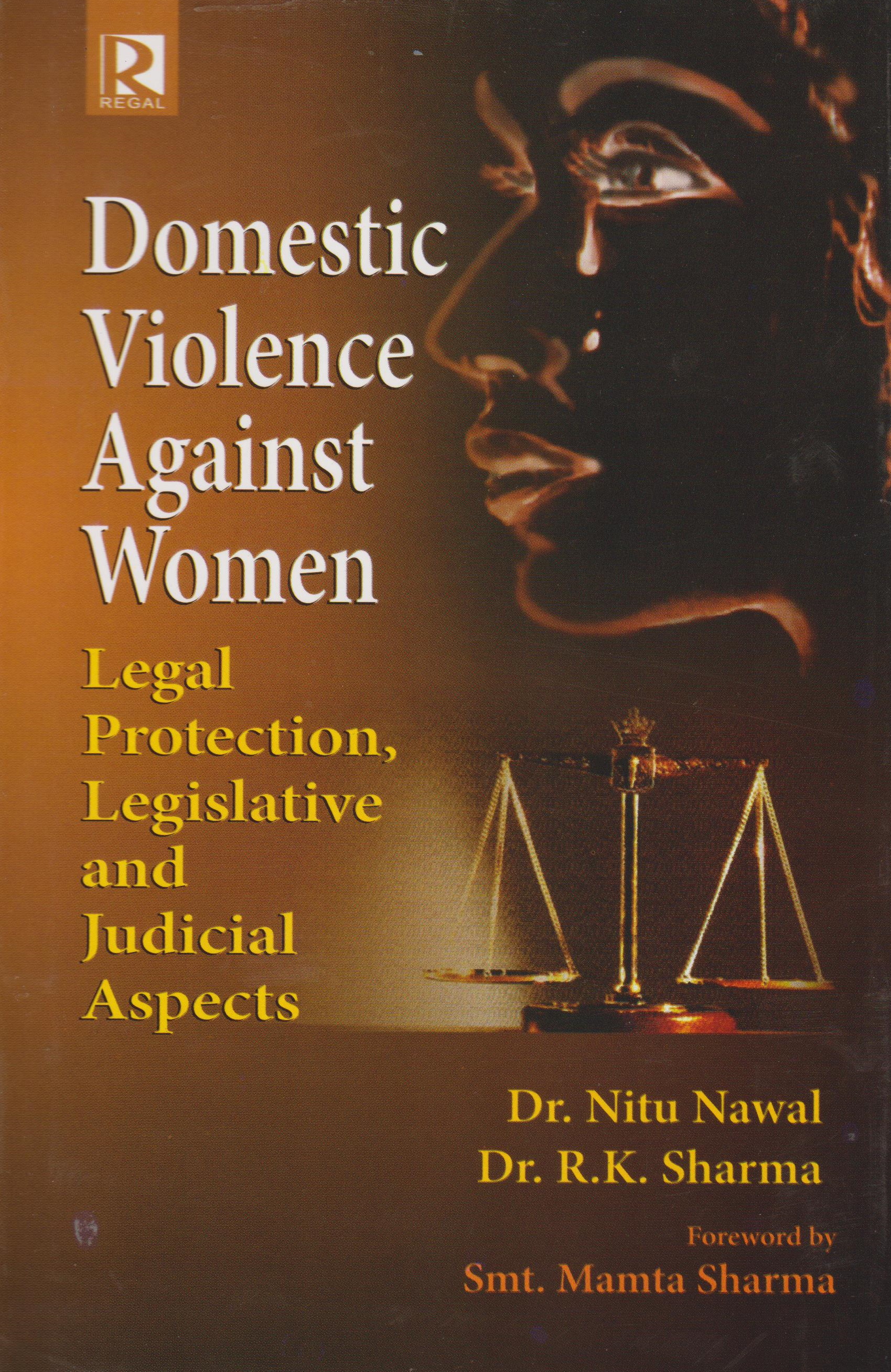


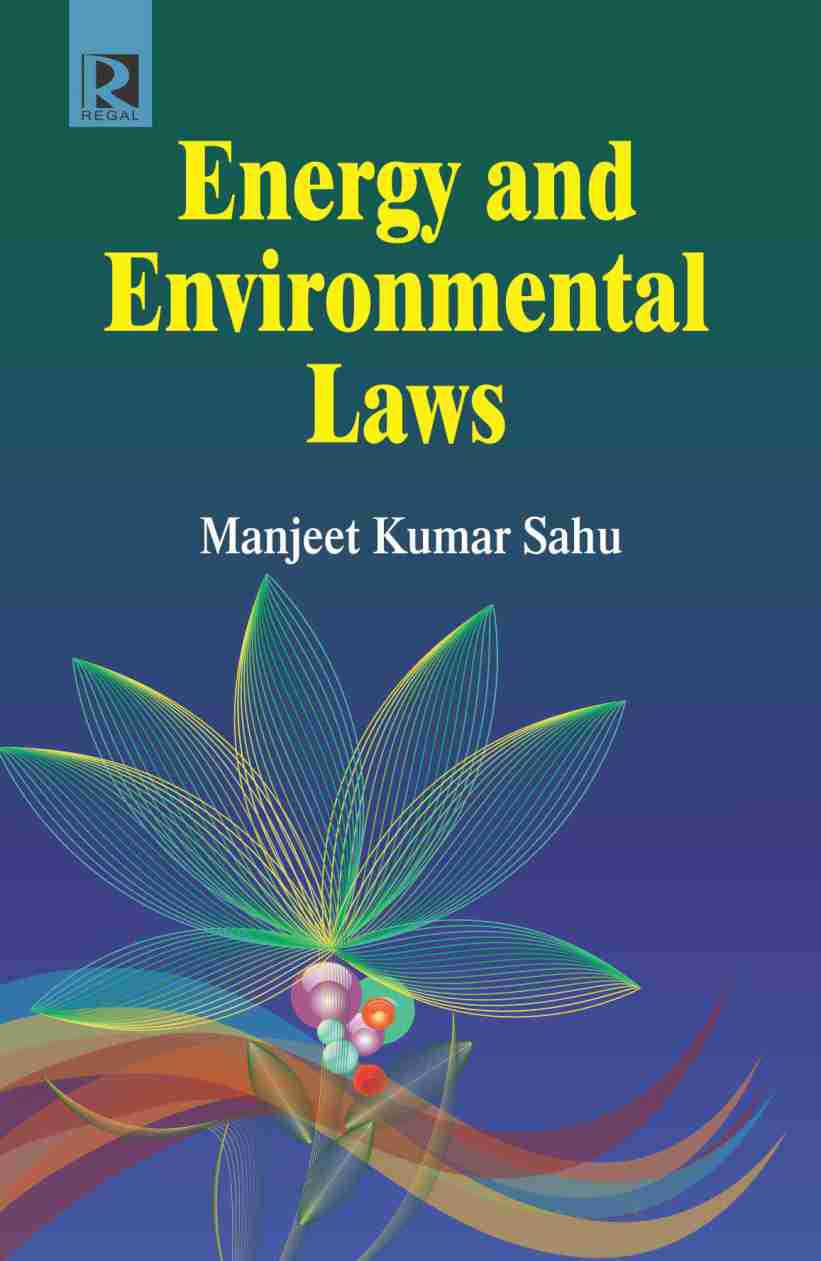
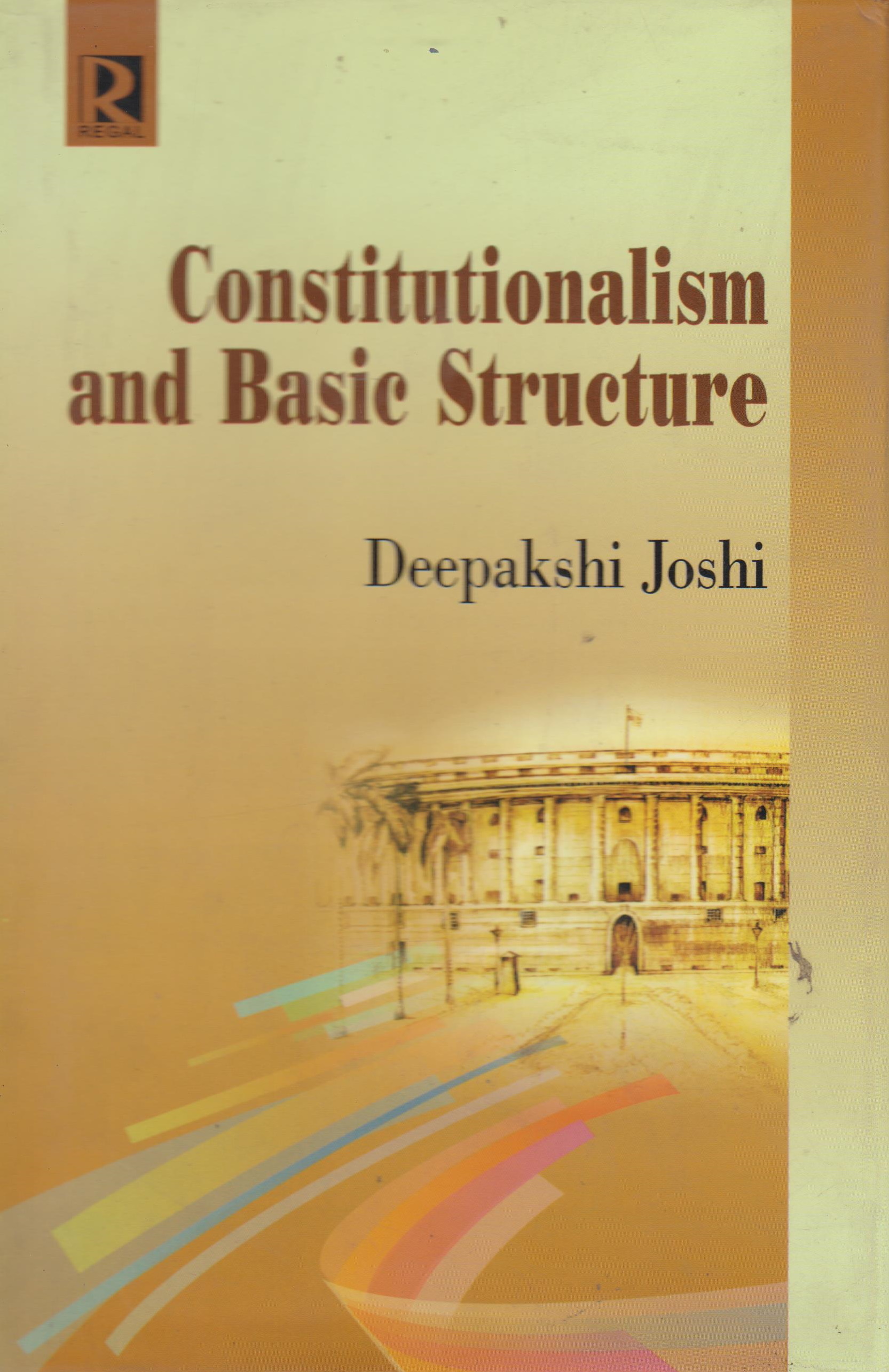
![Appointment of Judges in Higher Judiciary [A Review of Apex Court Decision in Supreme Court Advocates on Record v. Union of India - 2015]](https://assets.regalpublications.com/9788184846607.jpg)
Reviews
There are no reviews yet.